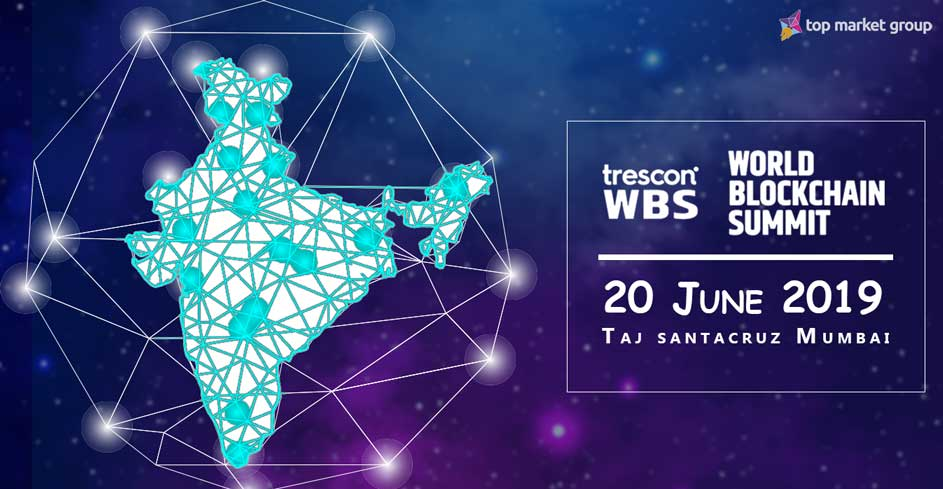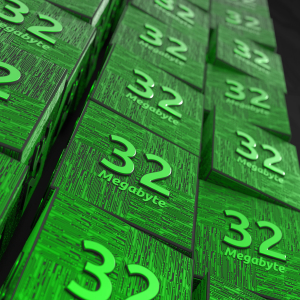Although the Reserve Bank of India is not keen on accepting cryptocurrencies as a legal tender, the RBI believes that blockchain technology has the potential to disrupt the Indian banking and finance sector. Moreover, with the Finance Minister of India, ArunJaitley stating in the national financial budget that the country will explore the use of blockchain, India is ushering towards becoming a digital economy.
In India, blockchain seems to be transgressing from the banking and finance sector to other application areas such as agriculture, supply chain and healthcare.Bottom line, can India can fray its way into the league of major countries that are leading blockchain technology?
To answer this question, the internationally acclaimed global tech summit series, World Blockchain Summit is coming to India for the first time to gather government representatives, policy makers and global blockchain experts who will assess India’s standpoint on massblockchain adoption.KaustubhDhavse, Joint Secretary &Officer on Special Duty to the Chief Minister, Govt. of Maharashtra; Vivekdeep Gupta, Country Head – India R3; Bharat B Anand, CIO& CTO, Ministry of Home Affairs, Govt. of India and Dr. N. Rajendran, CTO of NPCI are some of the top speakerswho will be giving their views on the groundbreaking technology.
Blockchain - More than just BFSI
The Indian economy is the world’s seventh-largest by nominal GDP, and the third-largest by purchasing power parity (PPP). According to CEOWORLD, India stands 5th in the most startup friendly countries in the world, with over 3000 startups funded in the year 2018 -2019.
India is one of the largest producers of agricultural commodities in the world. Despite being a substantial contributor to the nation’s GDP (nearly 18%), the Indian Agriculture Industry suffers a huge blow every year due to distorted supply chain processes, outdated equipment and inaccessibility of agricultural market intelligence by farmers.
However, on the bright side, Blockchain, AI and other emerging technologies are already being applied by Indian AgriTech startups to save farmers from these pressing concerns. From food safety to the authenticity of agri-inputs, there are a number ofsolutions that blockchain can actually offer to streamline the Indian agricultural sector.
For a country that facesthe plight of land scamsalmost every year, blockchain can serve a more definitive role in bringing out transparency in the real estate sector. As per a report by the Government of Andhra Pradesh, buyers and sellers in India pay up to of $700 million (Rs 4,500 crores) every month in bribes to land registrars across the country. Using a distributed ledger system can help in the validation of land records. Land documents stored on a decentralized network make the content impossible to be tampered with,guaranteeing an owner his/her complete rights.
For any business, the cost of implementation and adoption must certainly be outweighed by its benefits. Perhaps it is important for experts to assess which industries in India actually need to run on this technology. This was elucidated by tech visionary Alex Mashinsky in his recent keynote presentation at World Blockchain Summit in New Taipei City, last month, where he said, “The reality is that the blockchain is the slowest, most expensive database ever created, it’s only good for very few things. The problem we are having is that we’re not focused on what the blockchain is actually good for.”
While major private companies are already jumping on the blockchain bandwagon, there is still a significant level of scepticism in India, in that enterprises are still not familiar with the real world benefits of what this technology can offer to industries.Since the last year,there has been a major drive in commitment by the Indian government to push blockchain projects and initiatives on a national scale. For example, the IndiaChain project to implement a full-fledged blockchain infrastructure by NITIAayog.















